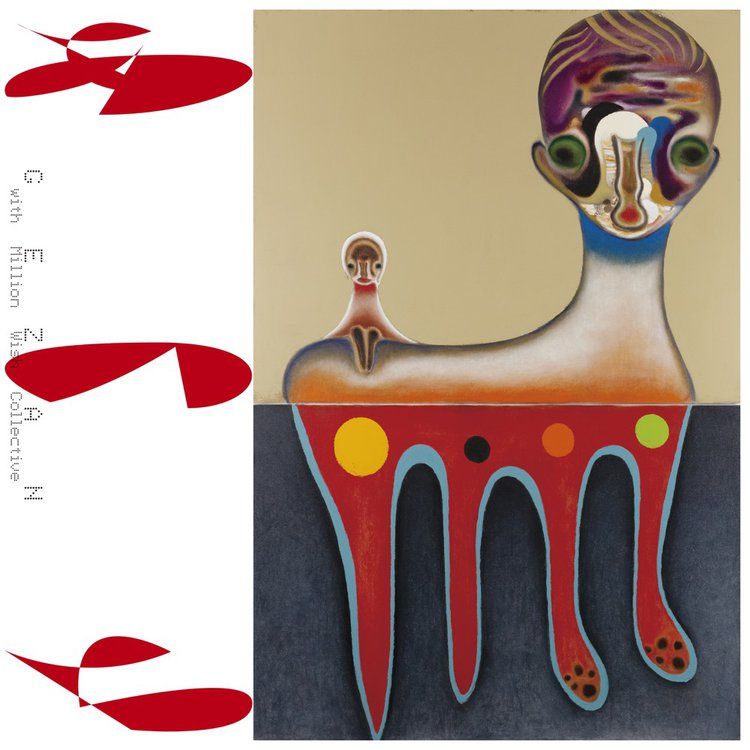
Anochi - the voice is an instrument
When to Listen: When you want something different
Accesabiltiy: Not
TLDR: A weird gritty celebration of humanity through voice.
Gezan is not a band for the faint of heart and not a group that can be easily classified, often vacillating between the screams of black-metal, the melodic tones of indie and weird sonic soundscapes of psychedelic. In that ambiguity, unhampered by conventional definition they are able to do something many groups cannot - Experiment.
Anochi, the latest album by Gezan, is such an experiment. A mixture of the core band and then 15 or so odd misfits and friends, the entire album is a celebration of the human voice. Experimenting with lyrics, harmony's, chants, noises and spoken word, all weaving in and out of the 3 piece band (with the occasional bagpipe and trumpet for good measure) - all being framed with gritty, nasally occasionally off key voice of the bands front man Mahito The People.
The album opens more familiar to the sound of Gezan, quickly moving into what can only be described as a gritty, loud, protest against violence, conflict and strife in the world. Vocals and screaming balanced between repetitive chants and a stable, unrelenting guitar track, until finally breaking down in "We Can't Take It Anymore" where it is then re-harmonized by a solo guitar that rebuilds into structure yet again to only then be divorced by a singular demonic sounding voice that bridges into "We All Fall" - which seems to be a penultimate realization that violence can only be combated by love and kindness.
And then the album shifts.
Gone is the rage - instead replaced by a eerie yet beautiful harmony of what is daily life. Spoken word in "Tokyo Dub Story" overlapping a serine back drop, resolving in a beautiful tone of a singular note, being hummed by what sounds like 100's of people, transitioning into "Intersection" - where its clear the band has moved from anger to celebration - celebration to what is, and what isn't. The final 3rd of the album seems to trend around this optimism and hope. Minor keys and rage are replaced with Major keys, and beautiful chants / harmonies building to the final last two tracks of the album - "Just Love" and "Linda ReLinda". These two songs book end the album phenomenally, totally gone is the rage of the first half of the album, instead replaced melodies and harmonies juxtaposed with the main singers, gritty voice. In "Linda ReLinda", there is a key change, where the main singer struggles to hit the shift. In most music this would be unacceptable, but it works here. It separates his voice from the chorus and shows us that human voice, no matter how it sounds - is a beautiful thing.
And that is how i would categorize this album - a beautiful thing. Its weird, its not mainstream in the least bit - and will probably be relegated to annals of internet history - but in that weirdness there is a celebration id dare say no group alive or past could pull of. An optimism in grit, a cacophony sound - all celebrating people - and doing it via the must human thing possible - voice.
